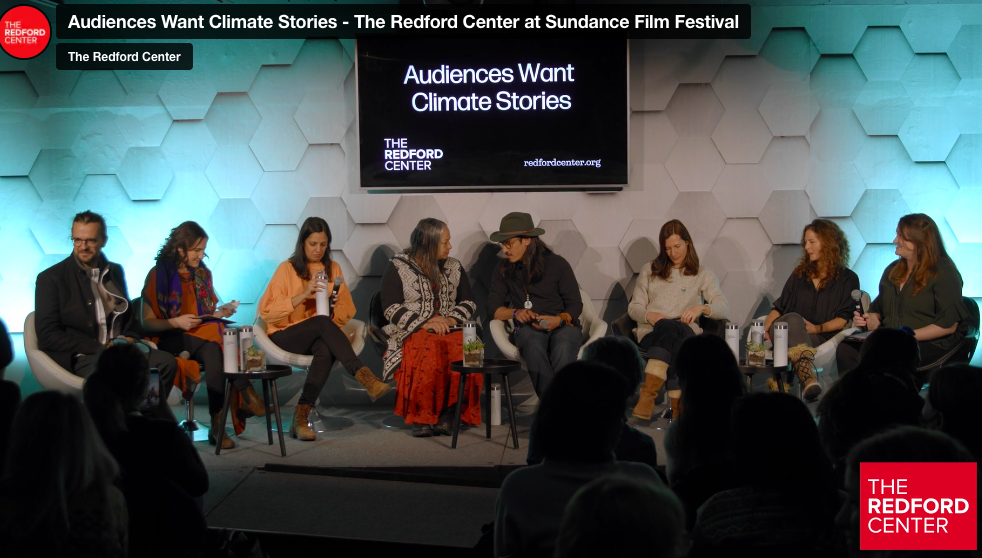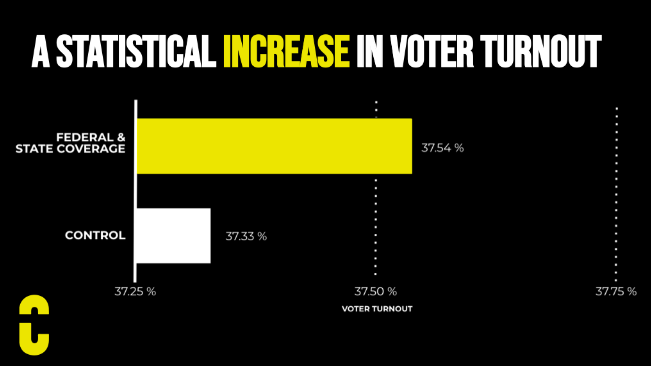Resources
Search below for resources covering the intersection of climate engagement, social science and data analytics.
RESULTS
Pathways to Power Workshop
How are you measuring your organization’s efforts and advances towards meaningful long-term change? Would you like to begin the process of identifying a unique set of metrics that best suit your organizational goals and power-building strategies?
Record-breaking heat changes the climate discourse online
Effects of the climate crisis and various political responses have captured attention on social media and online news media recently. Several Instagram posts about the global record-breaking heat this month went viral – and they exemplify a key issue that the climate world is facing: how do we talk about the climate crisis without making people feel too doomed or helpless in the face of it? Seventh Generation, an eco-friendly paper, cleaning, and personal care product corporation, is running ads in favor of the Green New Deal. Presidential candidate and conspiracy theorist RFK Jr. is a staunch believer in climate change… but he also thinks it’s being used to impose totalitarian control, according to social media posts. The FTC is reviewing its “Green Guides” for the first time in nearly a decade.
Trust in Media 2023: What news outlets do Americans trust most for information?
The divide between Democrats and Republicans on which news sources are trustworthy remains stark. Americans are 53 points more likely to call The Weather Channel trustworthy as they are to call it untrustworthy. It's also the only outlet that YouGov asked about that more Democrats (+64) and Republicans (+47) trust than the shares who distrust it. The Weather Channel is just one of two outlets polled about that a majority of Republicans trust; the other one is Fox News (56% of Republicans trust it, with a net trust score among them of +41). When it comes to the national rankings, The Weather Channel is followed by national public broadcaster PBS (+30), the U.K. news outlet BBC (+29), and The Wall Street Journal (+24) in national trust. This year's poll has the same group in the top four as last year's poll — even with the additions to this year's poll.
Delicious Nuggets: Creators 4 Climate
"Nuggets" are bite-sized, science-backed tips to help creators change the conversation about the climate crisis. The site is a resource, featuring an abundance of creative inspiration and practical tools that can start climate messengers on their journey to creating never-before-seen climate content. “Creative prompt” Nuggets reflect data-backed, climate-friendly behavioral changes and ideas. They also feature content from other creators who have made great content around the topic. “Resource” Nuggets give practical tips on how to start weaving in climate messages into work and brand, even if you’ve never talked about climate before. Examples include “On food,” “On living,” “On nature,” “On moving,” and more.
Audiences Want Climate Stories
The landscape and demand for climate stories are shifting. For a very long time, the conversation around climate change and the environment has been led by circles of scientists and policy and law makers with artists, storytellers, and BIPOC communities being largely absent from the conversation until recently. Independent film is breaking the cycle of the dominant film industry voices that have controlled which stories are told (and not told), how they are told, and who gets to tell them. Stories are helping to humanize and depoliticize the issue of climate change, providing complex and nuanced perspectives to audiences and building bridges over once-polarizing waters. The independent film industry is helping pave the way for a more environmentally aware and engaged future, but there’s still work to be done.
News Platform Fact Sheet
Today, an overwhelming majority of Americans get news at least sometimes from digital devices. A large majority of U.S. adults (82%) say they often or sometimes get news from a smartphone, computer or tablet, including 49% who say they do so often. This is similar to the 51% who said they often got news from digital devices in 2021, but lower than the 60% of those who said the same in 2020. When asked which of these platforms they prefer to get news on, about half of Americans say they prefer a digital device (53%), more than say they prefer TV (33%). Even fewer Americans prefer radio (7%) or print (5%). Among digital platforms, news websites or apps are also the most preferred source for news: About a quarter of U.S. adults (23%) prefer to get their news this way, compared with 13% who prefer social media, 12% who prefer search and 4% who say they prefer podcasts.
Imagine 2200: The 2022 climate fiction collection
Climate fiction is an opportunity to imagine a future built on sustainability, inclusivity and justice. This second-annual short story contest invited writers around the world to envision the next 180 years of equitable climate progress. The 12 finalists are featured in this collection, including the winning entry written in Jamaican patois.
Climate groups use “climate anxiety” to spur grassroots action
Various climate groups have recently used messages invoking “climate anxiety” to spur grassroots action. Science Moms and Action for the Climate Emergency have joined the Environmental Defense Fund and Climate Emergency Fund in running Facebook and Instagram ads about climate anxiety in recent weeks. A group called RepublicEn has been running Meta ads using conservative messengers like evangelicals, military figures, and elected officials to create a permission structure for Republican voters to support climate action. The dominant narrative about climate change or energy on social media last week concerned a report showing that some of the U.S. Strategic Petroleum Reserve was shipped to countries like China. Pages like Breitbart and Tucker Carlson seized on the news to accuse the Biden administration of “treason”, but their content went mostly unchecked by progressive pages.
Case Study: COURIER’s Model Boosts Voter Turnout
Delivering more political information to voters makes them vote more. COURIER’s unique method of boosting news on social media had a positive, statistically significant impact on voter turnout in the 2021 Virginia state election. There were two kinds of news tested on voters: local coverage of the Virginia 2021 gubernatorial race and candidates and localized coverage of federal policy solutions. These kinds of localized political news increased voter turnout by 0.2%. This experiment was tested on a pool of roughly 1 million Virginia voters on social media from September to November, 2021.
How broadcast TV news covered environmental justice in 2021
Broadcast TV news mentioned a “socially marginalized community” in just 12% of its segments on environmental impacts or regulations in 2021. CBS aired the most environmental justice segments (13), followed by NBC (4), and ABC (2). The majority of environmental justice segments focused on government action (14) and the health impacts of pollution or chemical waste (9). National TV news shows missed key opportunities to apply an environmental justice lens to important national stories such as the 2021 Texas winter storm, a toxic wastewater leak in Florida, and the Colonial pipeline hack. Even segments about obvious environmental justice stories, such as the lead water crisis in Benton Harbor, Michigan, were mostly shallow and lacked important context.
Pagination
- Page 1
- Next page








